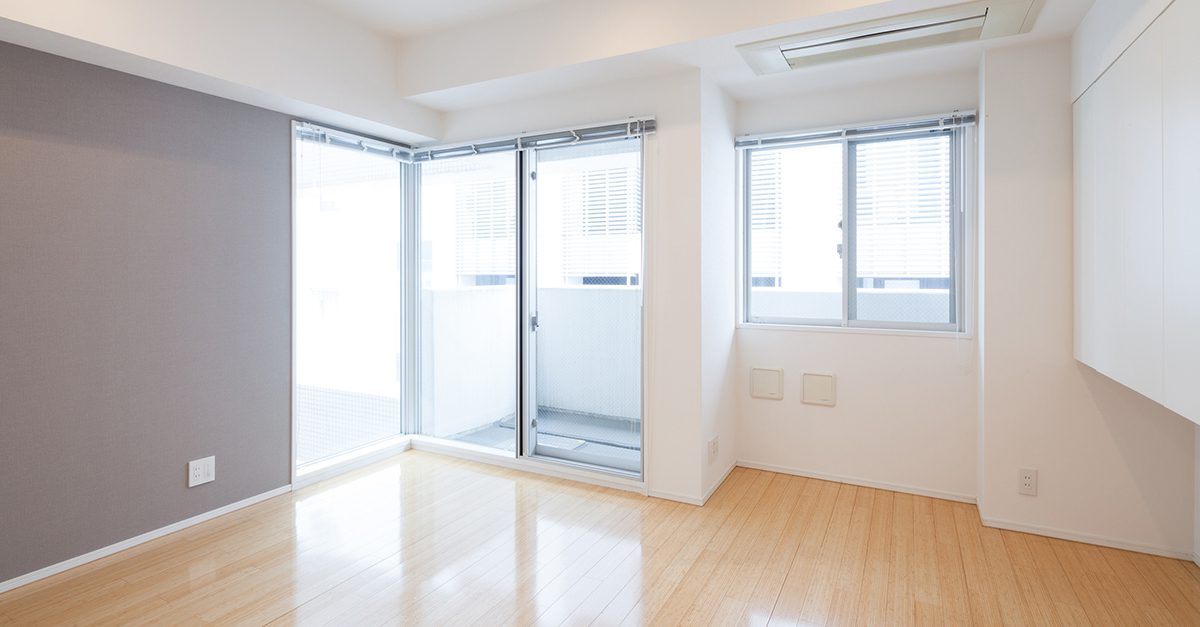
You signed a pre-construction purchase agreement when the market was hot, but now you can’t close on the property. Maybe property values have dropped significantly, or rising interest rates have made your mortgage payments unaffordable. Whatever the reason, you’re worried about losing your deposit and facing a lawsuit from the builder.
The good news? Debt relief options under the Bankruptcy and Insolvency Act, like consumer proposals and bankruptcy, can help protect you from builder claims and give you a fresh financial start.
Table of Contents
Filing a Consumer Proposal for a Pre-Construction Damages
A consumer proposal is a formal agreement between you and your creditors, filed through a Licensed Insolvency Trustee, where you offer to repay a portion of your debts while the remaining balance is legally forgiven.
Many buyers are facing similar challenges across Canada. A consumer proposal becomes an option worth considering when:
- Your bank’s appraisal comes in significantly below your purchase price
- You’re facing a substantial shortfall between your approved mortgage and the funds needed to close
- You are unable for other reasons to qualify for the mortgage you need
- You have other assets or income you need to protect
How does it work? Your Licensed Insolvency Trustee helps you develop an affordable monthly payment plan based on your income and expenses. This payment plan can extend up to 5 years, and your offer amount depends on your financial situation; however, you will need a stable income to support those payments. Once your creditors accept the proposal, these payments are distributed among your creditors. After completing all payments, you’re legally released from the debts included in your proposal.
What builder claims can be included? Your builder will typically file a claim for breach of contract. For example, if you put down an $80,000 deposit and the builder faces a $150,000 loss, your builder will keep your deposit and file a claim for the difference, or $70,000. The builder can also claim additional costs, including carrying costs until they resell the unit, legal fees and real estate commissions.
Protection from builder claims works immediately. The moment you file a consumer proposal, the builder cannot:
- Start or continue a lawsuit against you
- Garnish your wages
- Contact you for payment
- Take any legal action to collect their claim
You can only file a consumer proposal if your total unsecured debts are under $250,000 (excluding any mortgage on your principal residence). If the lawsuit from your builder exceeds this amount, you can consider a Division I proposal.
Division I Proposal for Larger Losses
A Division I proposal is a formal debt settlement similar to a consumer proposal but designed for larger debt loads. Like a consumer proposal, you make an offer to your creditors through a Licensed Insolvency Trustee. Your proposal can include various payment terms, such as monthly, lump sum, or a combination of both. The key difference to a consumer proposal is there’s no maximum debt limit, making it suitable for larger pre-construction claims.
The main caution with a Division I proposal is that if creditors reject it, you’re automatically placed into bankruptcy. This doesn’t happen with a consumer proposal, so it’s crucial to work with an experienced Licensed Insolvency Trustee who can assess whether your proposal terms are likely to be accepted.
How Does Bankruptcy Handle Pre-Construction Claims?
Bankruptcy is a legal process that eliminates most debts by surrendering non-exempt assets in exchange for a fresh financial start. It’s filed through a Licensed Insolvency Trustee and provides immediate protection from creditors.
Bankruptcy might be your best option when:
- You have few or no assets to protect
- You need immediate relief from a large builder’s claim
- You can’t afford proposal payments
- You want the fastest possible resolution
The builder’s claim in bankruptcy is treated as an unsecured debt, meaning they rank equally with your other unsecured creditors. The moment you file bankruptcy, all legal actions stop, including any existing or threatened lawsuits from the builder.
The most significant advantage of bankruptcy is that it can resolve your pre-construction issues quickly, often within 9 months. However, the cost and length of your bankruptcy will increase if you have a high income. Bankruptcy also has the most serious impact on your credit rating, showing on your credit report for 6-7 years after discharge for a first bankruptcy.
Choosing Between Proposal Options and Bankruptcy
Your choice depends on several factors. Here’s how each option compares:
Consumer Proposal:
- Best for debts under $250,000
- Keeps your assets
- Less impact on credit than bankruptcy
- Flexible payment terms up to 5 years
Division I Proposal:
- Handles larger debt loads
- More complex process
- Risk of automatic bankruptcy if rejected
- It may be good in investment property situations
Bankruptcy:
- Fastest debt relief
- Best for no assets and low income
- Offers legal protection
- Most serious credit impact
Are you concerned about not closing on your pre-construction purchase? Talk with a Licensed Insolvency Trustee like Hoyes Michalos today to understand which solution best fits your situation. We’ll review your situation and talk with you about if and when filing a proposal or bankruptcy is suitable for you.





